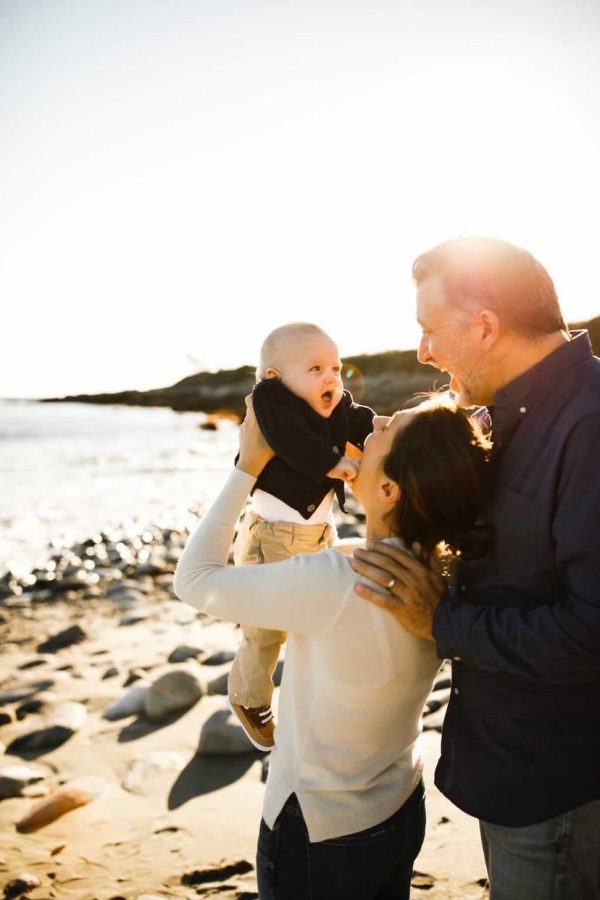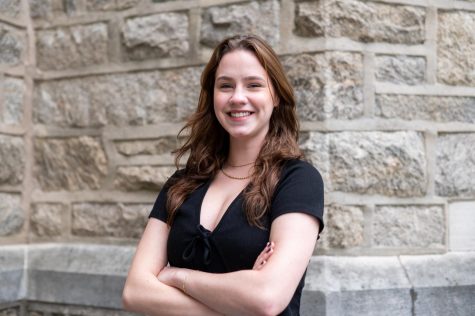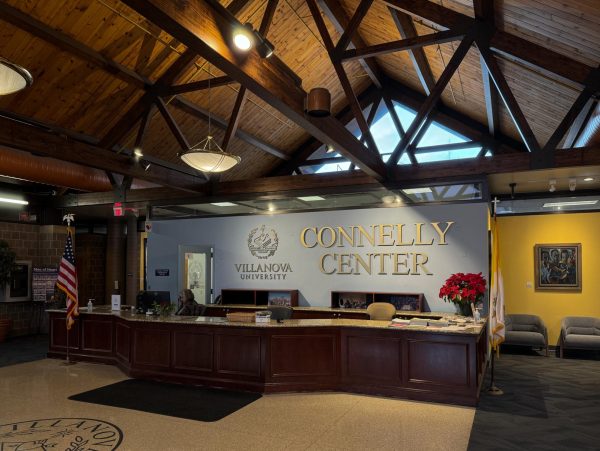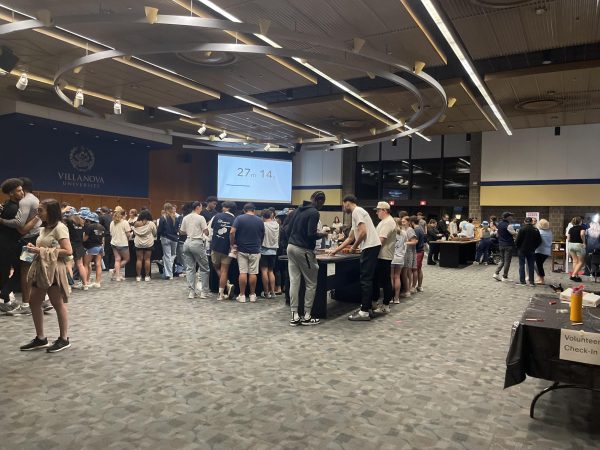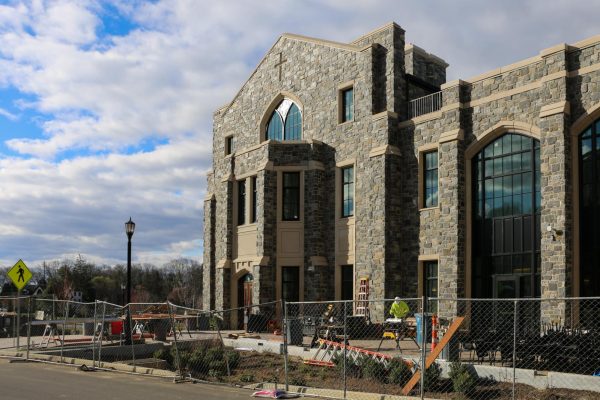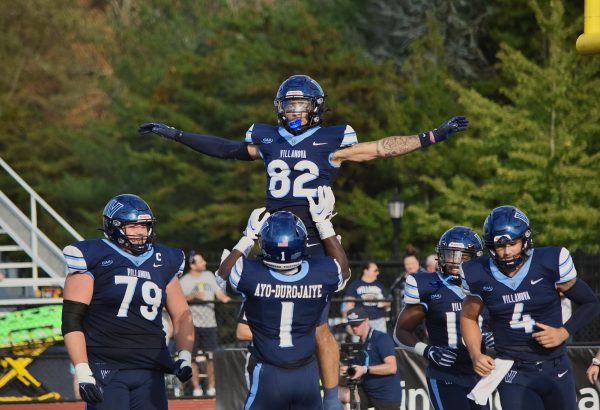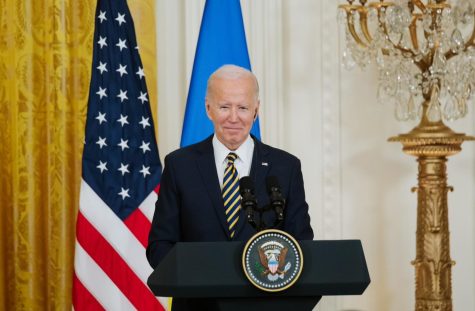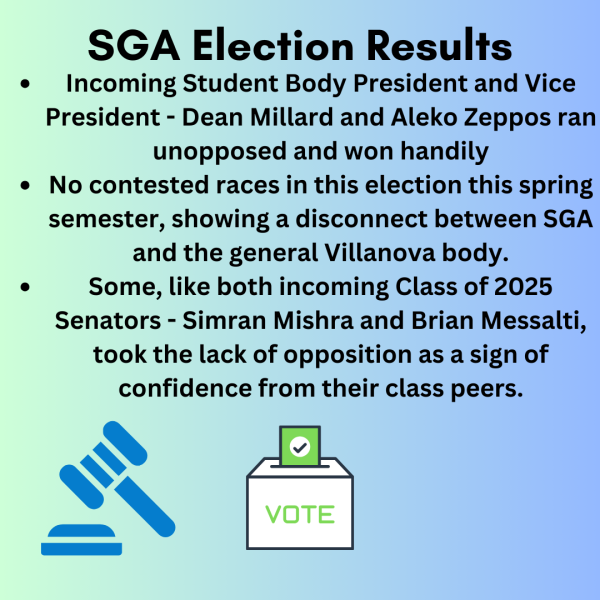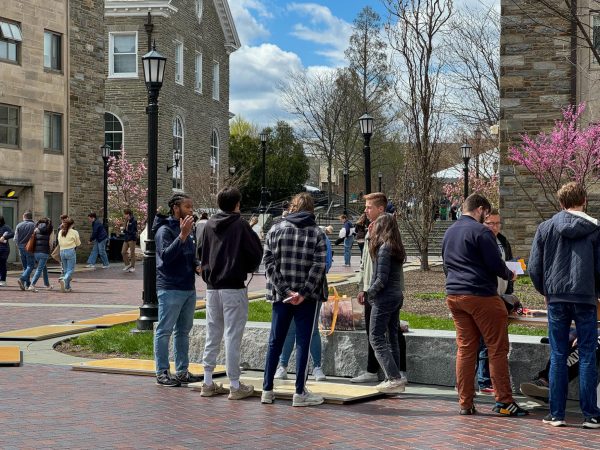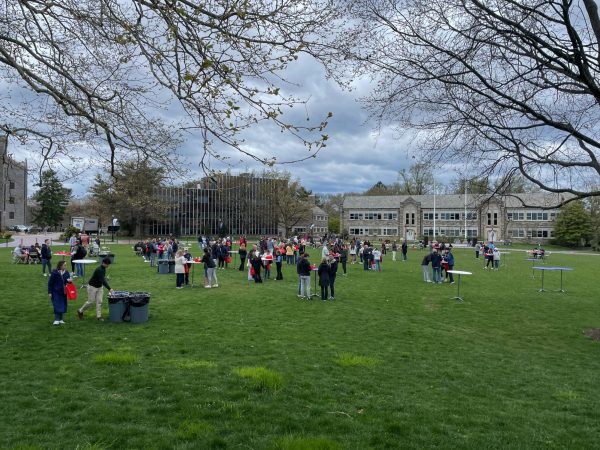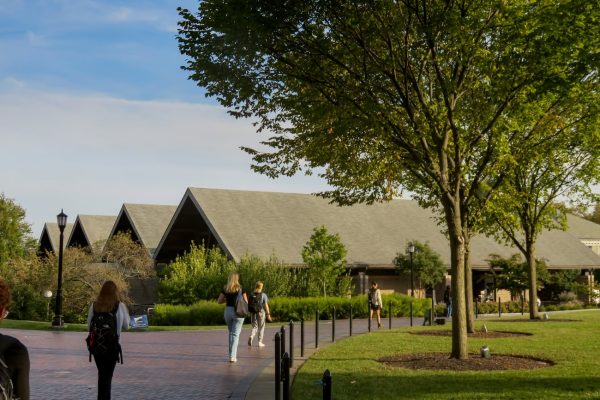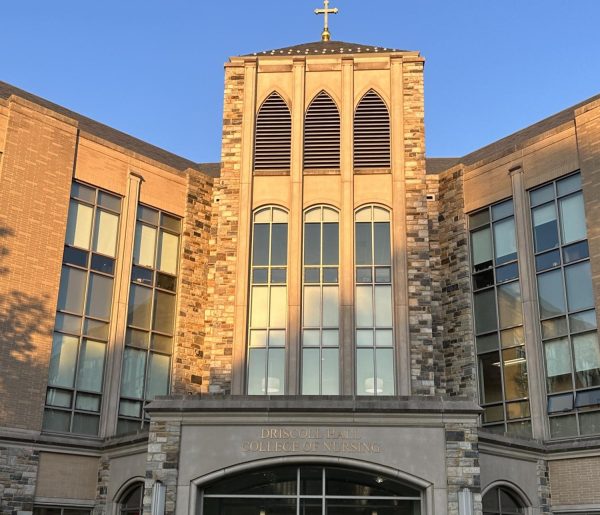Alumna Fundraises for Son with Rare Disease
Henry was diagnosed with a one in a million disease.
February 9, 2022
Alternating Hemiplegia of Childhood, better known as AHC, is an incurable, rare neurological disorder that only 300 to 400 individuals have in the United States.
Class of 2011 alumna Mary Saladino’s son Henry is one of those individuals.
Henry was diagnosed in March 2020, when he was only nine weeks old. Saladino and her husband were told the day of his diagnosis that their infant may never walk or talk, would experience seizures, become temporarily paralyzed and even stop breathing due to his genetic disease. These symptoms would occur often, with or without a trigger.
AHC has multiple mutations. Henry has the most severe, causing him to experience all the terrifying symptoms associated with the disease. Every day of Henry’s life, these symptoms can be life-threatening.
“This disease is like having seven neurological diseases in one,” Saladino explained.
Like many other rare diseases, there is no cure. However, Saladino and other parents experiencing the struggle of AHC are working to fund research for a treatment.
The therapeutic treatment, known as ASO, assists in neurological diseases to approve the quality of life for patients. This includes a reduction in symptoms and improvements in motor milestones. The treatment has been used before in clinical trials and has seen high success rates.
The cost of the research necessary to develop the treatment for Henry totals about $3 million. Parents are left to fund this by themselves and be pioneers in the medical space.
“It’s tough because you know that the science is available, but you will have to lead it,” Saladino said. “You do all the work on top of caring for your child with life-threatening symptoms.”
Saladino created a GoFundMe page to help raise funds for her son. The treatment would be specifically for Henry, but the research could help others suffering from AHC in the future.
The Villanova alumna also has an Instagram page, @ForHenryAHC, where she shares the intimate details and challenges of her son’s disease. Saladino struggled with the idea of exposing the daily battles of her son on a public platform.
Her closest friend and freshman year roommate at Villanova, Addie Brevde, encouraged her and helped create the Instagram. Brevde helped Saladino see the positive side of sharing Henry’s story.
Ultimately, Saladino decided to go forward with the page not only to help fundraise for a treatment, but also to be an example for other parents who may be experiencing something similar.
Since receiving the diagnosis, Saladino has depended largely on the online rare disease community. In the early days of Henry’s diagnosis, Saladino googled as much as she could to understand the disease. In her search, she found groups on Facebook, including parents dealing with the same issues.
“Doctors can’t tell you exact details, like that Henry would stop breathing sometimes,” Saladino said. “It was terrifying but [my husband and I] began asking other parents about symptoms, and we started to know what was going on with Henry.”
This community not only supports one another but also collaborates to fund and develop research to treat patients of the disease. Saladino has collaborated with three AHC foundations, CureAHC, AHCF and Hope for Annabel, in hopes to get treatment soon for Henry.
AHC patients are in a race against time. The longer patients are without treatment, the more symptoms they suffer through, and the chances of long-term neurological damage become increasingly prominent. This is why the community is even more essential in the fight to fund this research.
The ASO treatment is also essential due to the lack of options currently to help patients. For Henry, medications used to treat seizures are available. However, like all other drugs, patients build a tolerance over time. Therefore, Saladino has to decide if Henry’s seizures are severe enough to administer the drug.
“As a mom, it is challenging to know I have a drug in my bag or in the drawer that I can use to help my son, but I have to choose not to use it at times so Henry does not build a tolerance,” Saladino said. “It’s so hard, but I have to follow the rescue plan.”
Donating to the GoFundMe page is a great way to support Henry, but Saladino acknowledges that not everyone has the financial capacity to do so. She said that the power of sharing can be even more helpful sometimes than a monetary donation.
“I know when I was in college, I could not afford to donate a lot of money, so I encourage everyone to share,” Saladino said. “Sharing is truly the number one way to help. We have people sharing our posts on a daily basis and every time we see an influx in donations. Fundraising fatigue is not a real thing, and every repost helps.”
Popular pages, including NovaNationer have reposted Henry’s story and assisted in moving closer to a treatment. Saladino also acknowledged the “mom Instagrammers,” who consistently share Henry’s story and help raise funds through their platforms. Saladino hopes more visibility will allow Henry’s story to reach someone who could make Henry’s treatment a reality.
“Share everything and keep doing it,” Saladino said. “It will reach the eyes, hearts and hands of people who can provide.”
The GoFundMe link can be found in the bio of the Instagram page, @ForHenryAHC.

